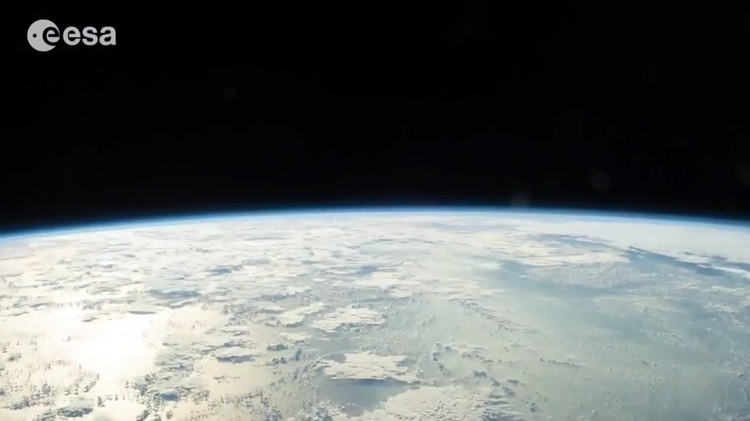Article originally published in the Philadelphia Business Journal on March 14, 2016
Rarely does one have the opportunity to talk with an individual who played a key role in a historic event, especially when that role serves as a major lesson for others. That individual is Robert Ebeling, one of the Thiokol engineers who strongly advised against the launch of the Challenger space shuttle on a cold January 1986 morning.
On Feb. 1, two days after the 30th anniversary of the Challenger space shuttle disaster, I wrote an article headlined, “The importance of independent thinkers: Helping leaders face the brutal facts of reality.” In that article, I wrote about the importance for leaders to surround themselves with independent thinkers who are not afraid to express their views, and for leaders to nurture an environment and institutional culture that encourages individuals to express those views. These individuals are invaluable to the CEO and to the decision-making process within all organizations.
Robert Ebeling is one such independent thinker. Thiokol was the sub-contractor that designed the O-rings on the Challenger rocket boosters. The air temperature at time of launch was below the design temperature of the O-rings, which would make them brittle and would significantly increase the risk of failure.
Even when the risk of a course of action is low but the possible result is catastrophic, one should not take the risk. In this case, the risk of O-ring failure was high. The advice of Ebeling and his fellow engineers not to launch was ignored by Thiokol and NASA, the O-rings failed and the Challenger exploded 73 seconds after launch.
Writer Howard Berkes recently wrote an article for the NPR publication “The Two-Way,” headlined, “30 years after explosion, Challenger engineer still blames himself.” Quoting that article, “The data [Ebeling] and his fellow engineers presented, and their persistent and sometimes angry arguments, were not enough to sway Thiokol managers and NASA officials. Ebeling concludes he was inadequate. He [feels he] didn’t argue the data well enough.”
I referenced Berkes’ article in my Feb. 1 article, which he sent to Ebeling’s daughter, Leslie Ebeling Serna. In response to my article, Serna emailed me the following letter:
Dear Stan,
I want to thank you for your article about “The importance of independent thinkers…” submitted to the Philadelphia Business Journal, Feb. 1, 2016. Robert Ebeling is my father and I was sitting right next to him, at work, when the Challenger exploded. In the last month the media has been reporting on his life, 30 years after the incident.
There has been a tremendous number of letters, hundreds, written to my dad about his integrity and honor. These letters have lifted his heavy heart and we have witnessed a miracle. His eyes are brighter and he is overwhelmed with gratitude over this loving out pour.
He will be 90 this September and is currently being cared for by Hospice due to cancer. I am certain he will pass this earth with a lighter heart and a smile. During the end of March someone will be doing a documentary about my dad. I am so happy for him. Thank you again for your inspiration.
Thank you.
Leslie Ebeling Serna
After receiving Serna’s letter, I called her to learn more about the culture at the time within Thiokol and NASA. That culture can be characterized by the now very recognizable and chilling statement by one NASA official who is quoted as saying, “My God, Thiokol, when do you want me to launch, next April?” It took courage to disagree with the prevailing views of the senior managers at NASA. Ebeling exhibited that courage. Thiokol management, facing pressure from NASA, acquiesced and agreed that the launch could proceed.
The day after speaking with his daughter, I phoned Ebeling and told him that he is a true hero, and an example to not only the independent thinkers that followed him, but to every leader who appreciates the value of having independent thinkers who are not afraid to share the brutal facts of reality.
We can all learn from Ebeling and the Challenger tragedy about the importance of listening to those who have different viewpoints. Doing so will lead to better decisions and might help to avoid a disaster. Be on the lookout for the upcoming documentary on Ebeling to learn more about the Challenger tragedy through his eyes.
Stanley W. Silverman is the founder and CEO of Silverman Leadership. He is a writer and speaker, advising C-suite executives about issues and on cultivating a leadership culture within their organizations. Stan is Vice Chairman of the Board of Drexel University and a director of Friends Select School and Faith in the Future. He is the former President and CEO of PQ Corporation. Follow: @StanSilverman. Connect: Stan@SilvermanLeadership.com. Website: www.SilvermanLeadership.com

